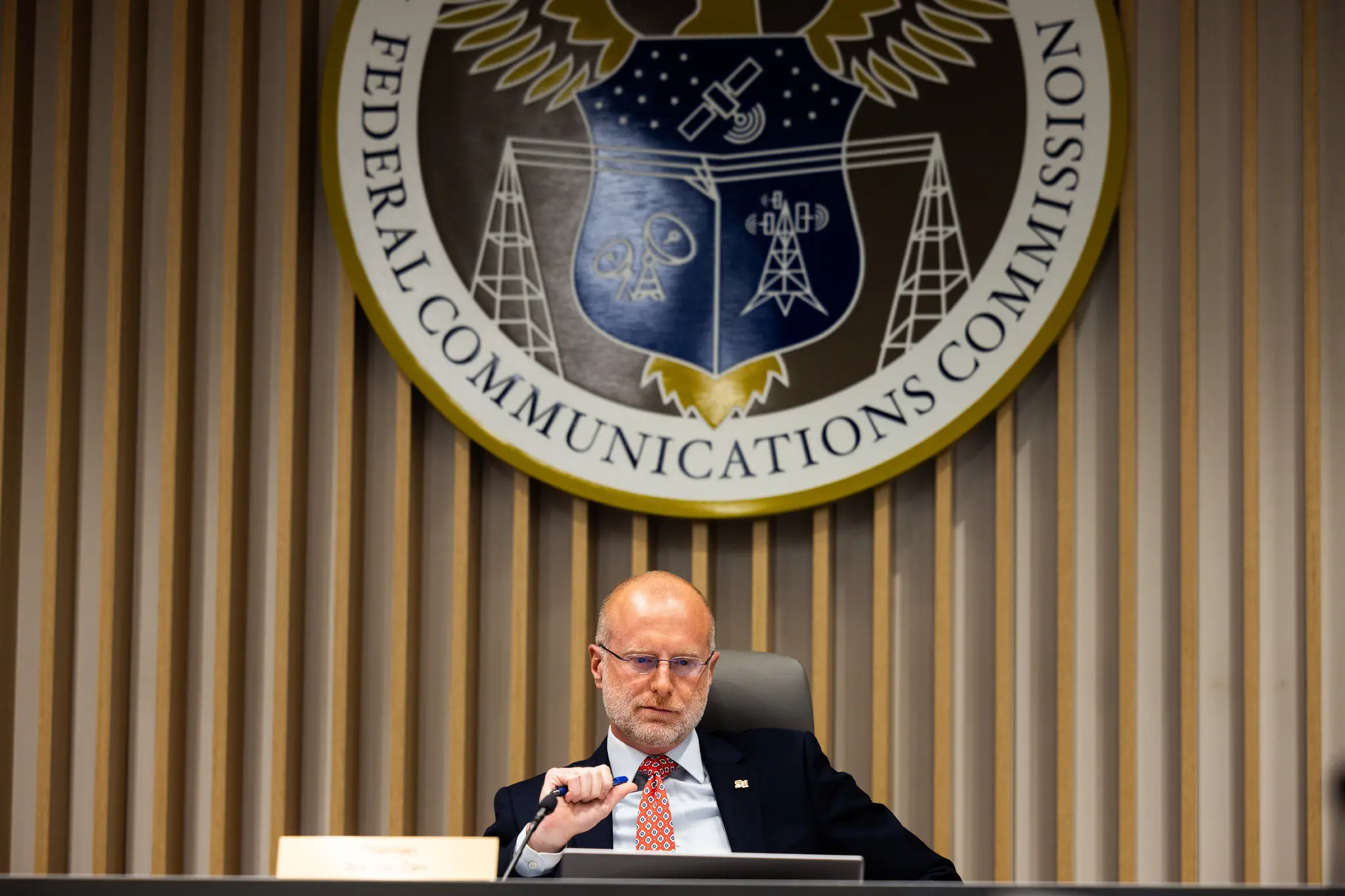Paramount‑Skydance merger approved marks a transformative turning point in U.S. media. The Federal Communications Commission, on July 24, 2025, cleared the way for Skydance Media to acquire Paramount Global in a deal valued at approximately $8 to 8.4 billion. This decision concludes a heated saga involving legal controversy, political pressure, and industry restructuring.
The approval is notable not just for its financial scale and corporate impact, but for the stringent conditions imposed. Skydance has pledged major editorial reforms, scrapped DEI programs in line with government preferences, and agreed to regulatory oversight via an ombudsman to manage bias complaints. The resulting entity, tentatively called Paramount Skydance Corporation, will include iconic brands like CBS, Paramount Pictures, Nickelodeon, and Paramount+.
Deal Dynamics and Corporate Structure
Paramount Global, owner of CBS, MTV, Paramount Pictures, and more, will transfer control to Skydance Media and its investment partners, including RedBird Capital. The merged company is valued at roughly $28 billion, with Skydance acquiring National Amusements—the Redstone family holding company—for $2.4 billion in cash. Paramount stockholders receive $4.5 billion in cash and shares, while $1.5 billion in new capital strengthens the company’s balance sheet.
David Ellison of Skydance will serve as chairman and CEO of the new entity, with Jeff Shell (former NBCUniversal CEO) as president. Once the transition completes (expected by early fall 2025), Shari Redstone will exit the board and receive roughly $1.75 billion for her stake, ending decades of Redstone family control over Paramount.
Political Maneuvering and Legal Fallout
The FCC approval follows a controversial $16 million settlement by Paramount with former President Donald Trump relating to a 2024 “60 Minutes” interview dispute. Trump had sued over alleged anti‑conservative editing. Critics argue that this settlement helped pave the way for FCC approval. Although FCC Chair Brendan Carr denied any direct link, Democratic Commissioner Anna Gomez described it as a troubling capitulation under political pressure.
Further controversy surrounds the cancellation of The Late Show with Stephen Colbert, which aired shortly after the settlement. CBS cited financial reasons, but critics say it reflects political influence—the host was a vocal Trump critic. Dissenters also highlight that the merger’s approval coincides with concessions to the Trump administration’s agenda.
Editorial Conditions and Oversight Mechanisms
Skydance agreed to a set of conditions as part of the FCC green light—most notably to discontinue DEI (Diversity, Equity & Inclusion) programs within Paramount subsidiaries, following the administration’s view that such initiatives are discriminatory. The merged company will remain free of DEI policies moving forward.
To address concerns over media bias, the merger requires the installation of a newsroom ombudsman for at least two years. This independent role will handle public complaints and assess fairness in CBS’s news coverage. Skydance also pledged to ensure a “diversity of viewpoints” across political and ideological spectra, aiming to rebuild trust with audiences and the FCC chair has hailed this commitment as a way to modernize CBS’s journalistic integrity.
Internal and External Reactions
The merger was approved by a sharply divided FCC vote—2 to 1, with Anna Gomez as the lone dissenter. Her statement called the decision a concession to political influence and accused the FCC of unprecedented manipulation over editorial independence, even calling it a breach of First Amendment principles. The Verge
In contrast, the FCC’s Republican commissioner Olivia Trusty supported the deal, characterizing it as a functioning of free market mechanisms and stating that it aligns with public interest standards. The corporate and investor community responded positively, with Paramount’s shares rising in early trading following the announcement. Investing.com
Strategic Impacts and Future Prospects
With fresh capital and a new leadership team, the new Paramount Skydance is expected to invest heavily across streaming, film, animation and local news. Skydance’s goal is to fuse its own production strengths and interactive media (like Skydance Interactive) with Paramount’s widely recognized franchises to compete with industry giants like Netflix and Disney.
Analysts predict that the merger may accelerate content creation across Paramount+, sports channels, Nickelodeon properties, and video games, leveraging the combined entities’ IP libraries and global footprint. At the same time, the editorial commitments may serve as a precedent influencing future regulatory reviews of media mergers. The Wall Street Journal
Conclusion
In summary, the FCC’s approval of the Paramount‑Skydance merger approved transaction finalizes an $8–8.4 billion deal that reshapes the U.S. media landscape. The package of concessions—from DEI elimination to ombudsman oversight—underscore how political and regulatory forces intersected with corporate strategy. Stakeholders await the closing of the deal by fall 2025 and will be watching whether promised reforms deliver on claims of editorial fairness and renewed competitiveness.
Only time will tell whether the new Paramount Skydance will become a blueprint for media transformation—or a cautionary tale where regulatory compromise eroded journalistic independence. Either way, its emergence marks a pivotal moment in industry history.
Subscribe to trusted news sites like USnewsSphere.com for continuous updates.





